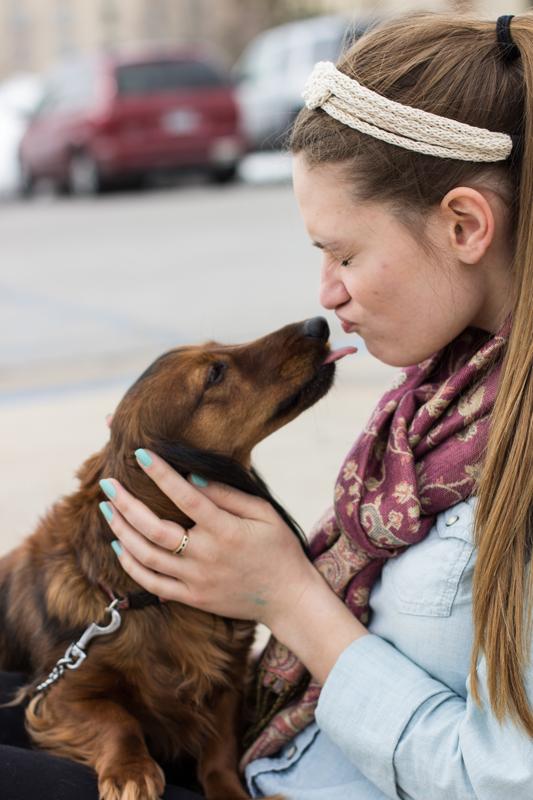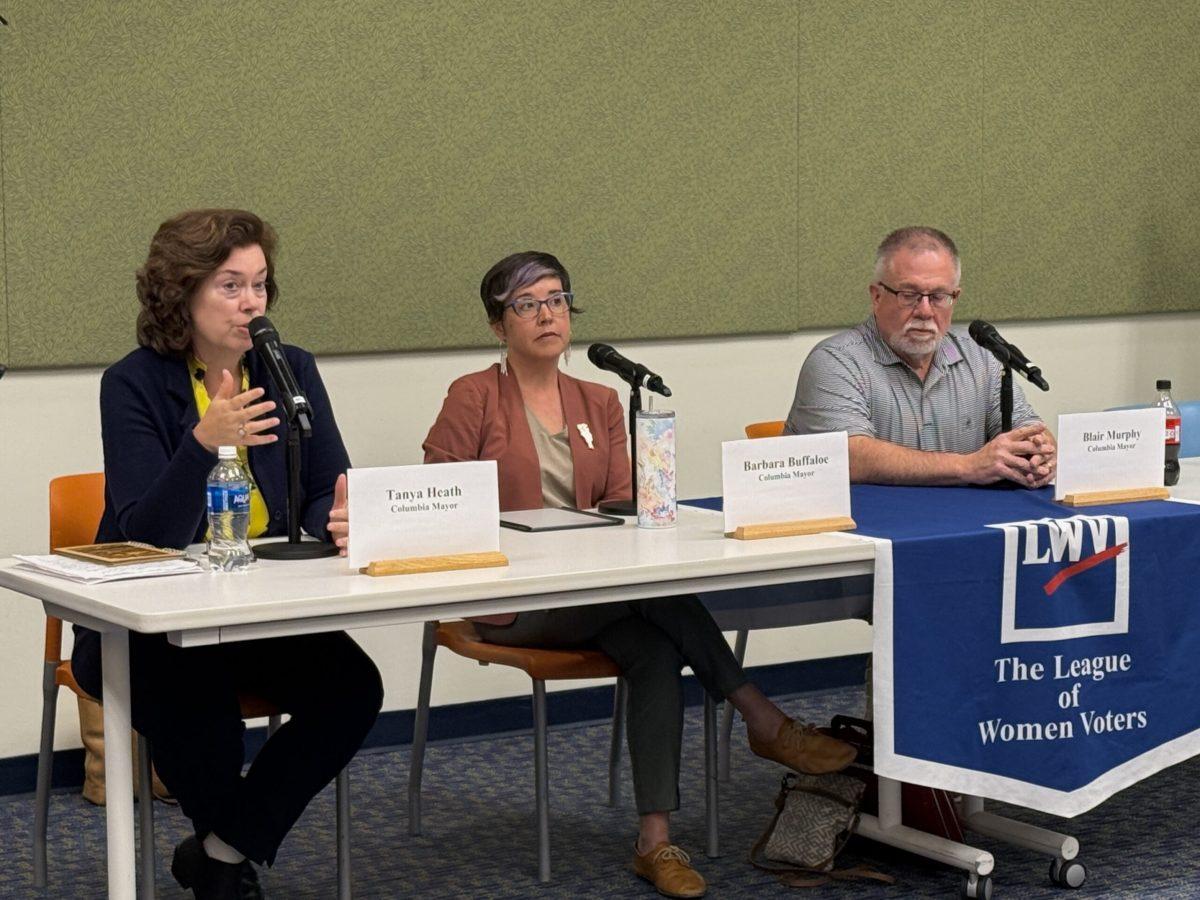A Mizzou Advantage study discovered that families with children with autism spectrum disorders benefit from the presence of a dog in the house.
Pet dogs can have a calming effect on households affected by ASD, according to an MU news release. The effect of pet and service dogs on families with children with ASD has been a growing topic for researchers in the autism field.
Service dogs helped improve the child’s social interactions, senior researcher Gretchen Carlisle said. She said the effects of normal dogs and other pets on a family’s quality of life and on a child with ASD’s social skills still need to be tested. The dogs also served as stress relievers for the parents and siblings of the child with ASD.
“In the typical population, children tend to consider animals as best friends and the presence of dogs increases their social interactions,” Carlisle said.
Glen Cameron, journalism research chair and professor of strategic communication, said the results of the study came back stronger than he had expected.
“I was surprised that the results so strongly supported having dogs (in the family),” he said. “I thought it would be more of a mix between supporting and disagreeing with it.”
Carlisle also said that to receive positive results, it is important to make sure the dog and child with ASD are compatible, otherwise the dog’s presence could be detrimental.
Most children with ASD have hypersensitive senses, which would affect their interactions with dogs, she said.
“If a child is really sensitive to touch, a bristle-haired dog like a Jack Russell Terrier wouldn’t be a good match,” Carlisle said. “And if a child is sensitive to sound, you don’t want a dog that will bark a lot.”
But a system for determining the dog’s compatibility with a family and possible obstacles in introducing a dog to a family has yet to be developed, Cameron said.
“That would be something to look into in the future,” he said. “(We need to look into) how to develop tools to assess if a child is right for the dog. I imagine some sort of virtual reality, where you put the dog and child in a room without having to bring the child in.”
Carlisle said she also wants to look into whether other pets – cats, guinea pigs and hamsters — will provide the same benefits as service dogs.
MU’s study was one of the first studies on the subject and one-of-a-kind because it used social media to gather additional feedback, Cameron said.
The researchers received half their data through a survey that families registered with the Interactive Autism Network filled out. The other half came from social media. The researchers developed a program that counted the number of hits on social media sites that involved words relating to the study, such as “autism,” “pets” and “dog.”
Cameron said he believes this style of collecting opinions will gain popularity in the future.
“With a lot of explosion in social media, we can watch and monitor what’s being said about a subject,” he said.







